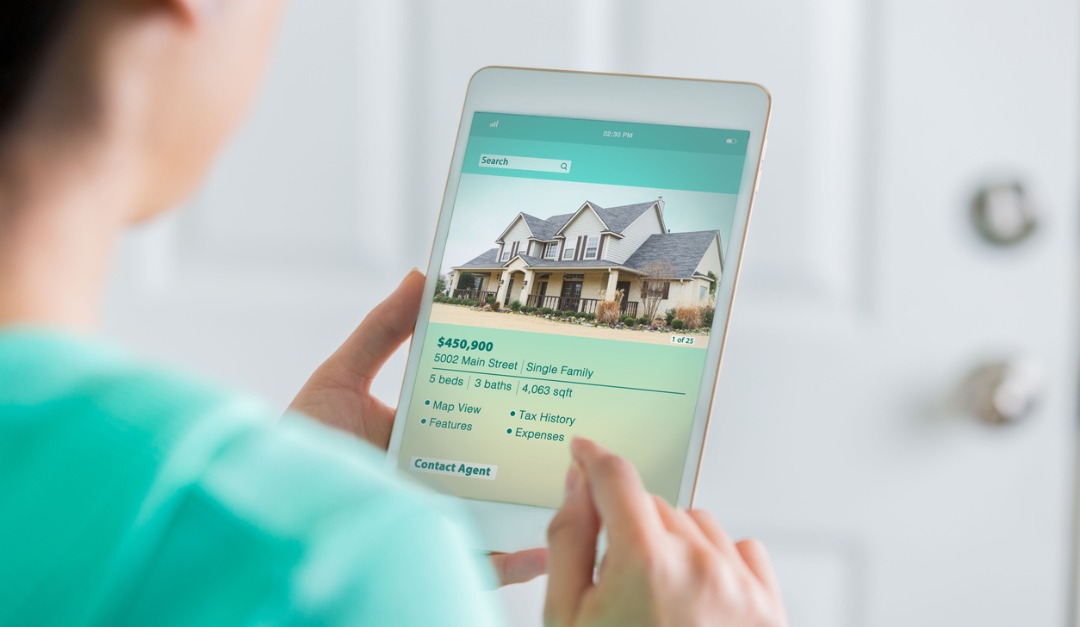
House Hunting Advice for Future Buyers
Sure, there are plenty of people ready to offer you advice and share stories of their home-buying experience, but you’ll need to make the final call on everything, and that often means thinking with your head and not your heart.
Here are some things that you should consider when in the process of house hunting.
Be Willing to Walk Away
You may have come across the perfect house, but no matter how much you can see yourself living there, you still need to make sure it makes sense economically. Don’t go making outrageous concessions or paying a price that’s way over asking or nothing close to comps in the area.
Sure, you might be willing to pay somewhat more that it might be worth, and that can be ok, but listen to your REALTOR® if they are telling you the price is too high. When negotiations get out of hand, don’t become a victim of over eagerness; really consider the deal.
Remember, there are other homes out there and some might even fit your needs better. Plus, when a buyer does finally walk away from a deal, a great majority of times the seller’s agent will reach back out and be more willing to work with you.
Set Reasonable Expectations
You’re sure to have a list of things that will make that perfect house, but depending on budget, location and other factors, finding 100 percent of the things you want is a tough ask. It’s always a good idea to make a list of the things you desire from a new home and number them from most important to least. This way, if you find eight of your top 10 things at a price you like, it probably makes sense to consider it for your new home.
Look at Homes You Can Afford
In other words, don’t go looking at houses that are $100,000 over your budget! This may seem like a no-brainer, but many times people house hunt and bid on properties that are way out of the range they can afford. Sure, it’s ok to look at a few that are just above your range; that’s where a good negotiator comes in. But if you’re looking at houses that are 25-50 percent over what you can realistically afford, you’re probably just wasting the time of everyone involved.
Know Your Budget
Part of looking at houses you can afford begins with knowing the correct figure. Make a list of all your expenses, not forgetting to add in taxes and insurance, and determine how much you are realistically able to spend on a new home. A great idea is to get pre-approval on a loan before you search for a home, so you already know the amount of a loan you can get. A pre-approval will also help you get a leg up on any competition for the home if there is a bidding war.
